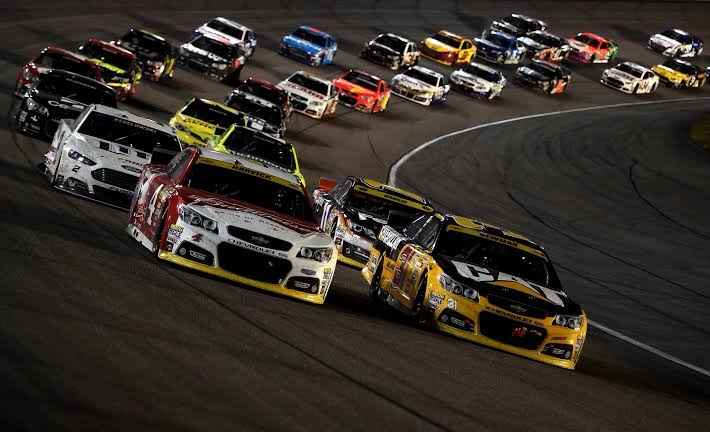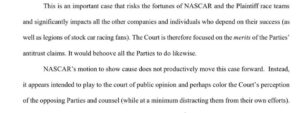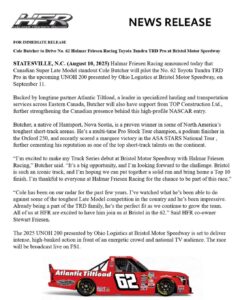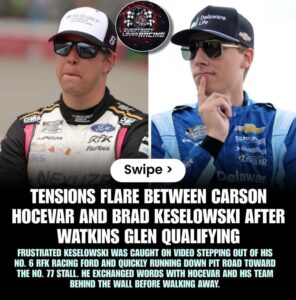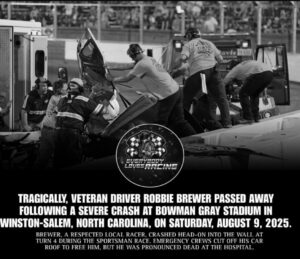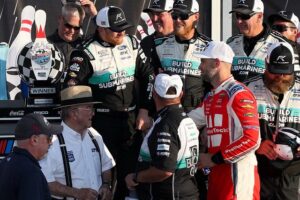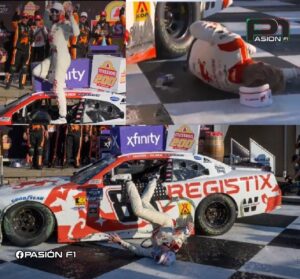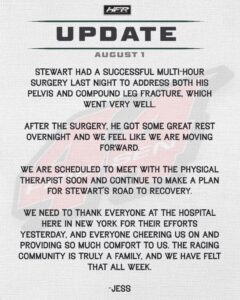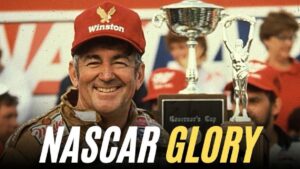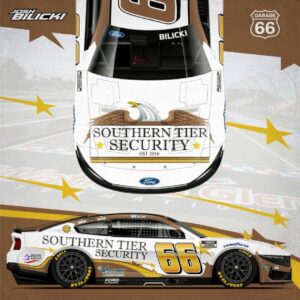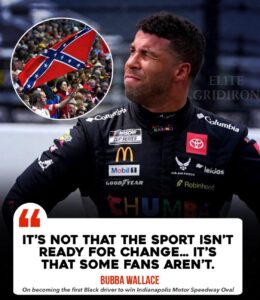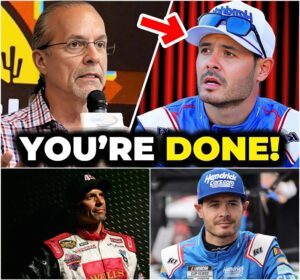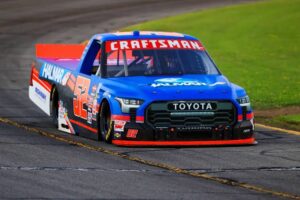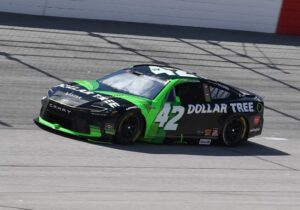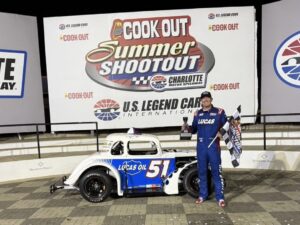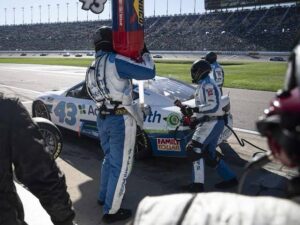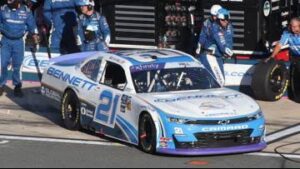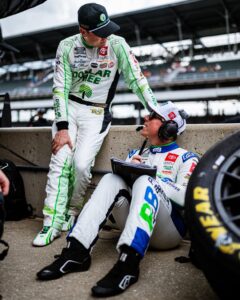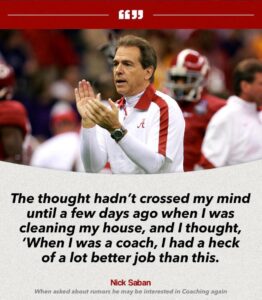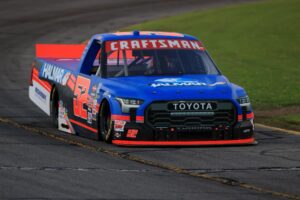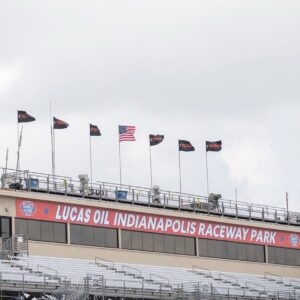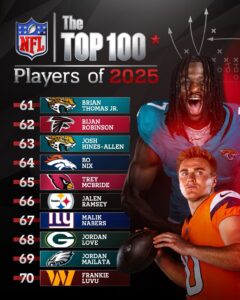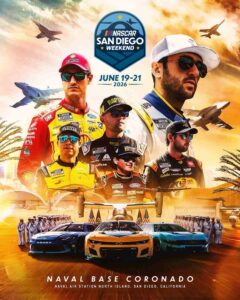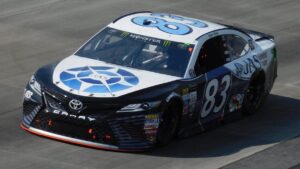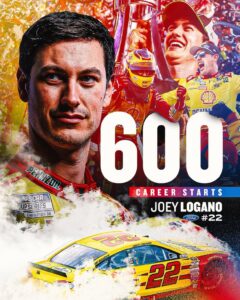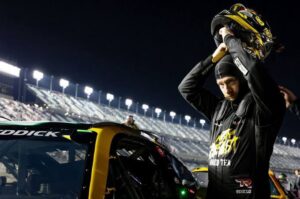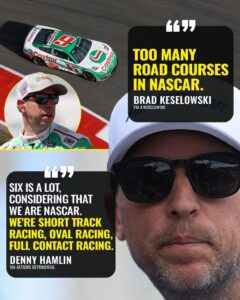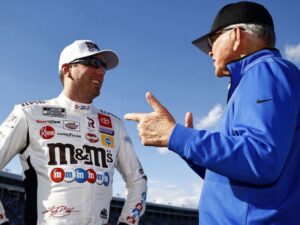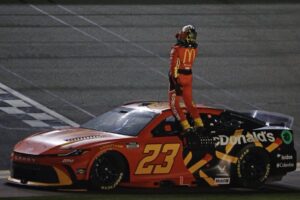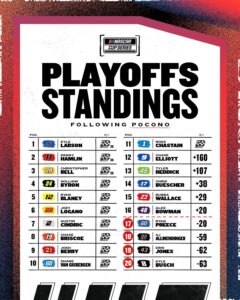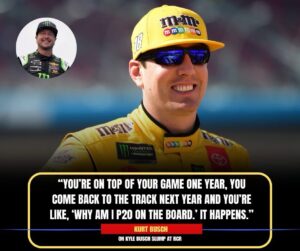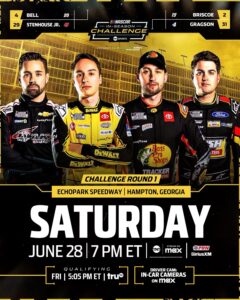For decades, the mantra of motorsport marketing was simple: “Win on Sunday, sell on Monday.” The idea was that a victory on the racetrack would lead directly to increased sales in the showroom. While this philosophy helped shape the relationship between racing and automakers, the modern era has seen a subtle shift in how manufacturers leverage motorsports to drive consumer interest.
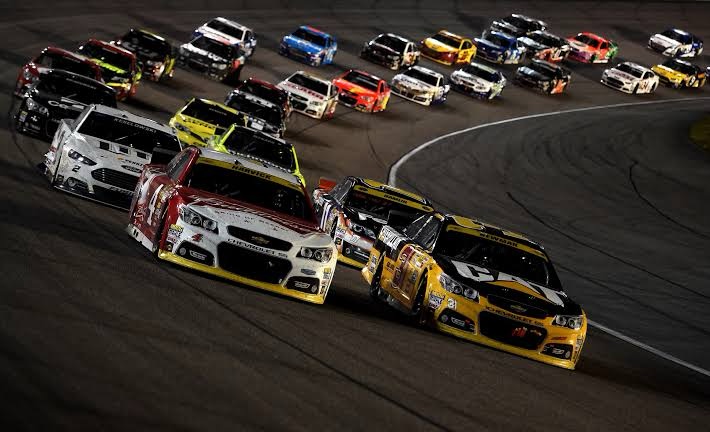
Today, it’s less about an immediate spike in sales and more about long-term brand association and influencing purchase decisions over time. Think of it as: “Win on Sunday, see it in the showroom in six months.”
Racing as a Brand-Building Tool
Modern racing programs are designed to build excitement and emotional connections between consumers and manufacturers. When fans see a manufacturer like Chevrolet, Ford, or Toyota dominate on the track, it reinforces the perception of innovation, performance, and reliability—qualities they consider when shopping for their next vehicle.
Automakers know that racing wins don’t necessarily translate to customers rushing to dealerships the following Monday. Instead, motorsports success enhances brand credibility and keeps their name top-of-mind when those customers are ready to buy.
Technology Transfer: Racing to Improve Showroom Cars
One of the key ways manufacturers tie racing to sales is by emphasizing the technology transfer between their race cars and production models. Features like improved aerodynamics, hybrid powertrains, and lightweight materials often start on the racetrack before making their way into the vehicles consumers drive.
For example:
• Ford highlights how technologies developed for its NASCAR and IMSA cars have influenced the design of its performance-oriented Mustangs and SUVs.
• Toyota often uses motorsports to showcase its engineering prowess, with racing-inspired touches evident in cars like the GR Supra and GR Corolla.
• Chevrolet has leveraged its dominance in NASCAR to underline the legacy of the Camaro and its high-performance ZL1 model.
This focus on technology gives consumers a tangible reason to connect the excitement of the track with the cars in the showroom.
A Long-Term Strategy for Customer Engagement
Instead of immediate sales, manufacturers now focus on using motorsports as a long-term strategy for brand engagement. This includes:
• Showcasing innovation: Racing becomes a platform to demonstrate cutting-edge technologies that elevate the brand.
• Creating lifestyle appeal: Motorsports evoke emotions tied to adventure, speed, and style, which are reflected in marketing campaigns.
• Building loyalty: Fans of racing often become loyal to the manufacturers they see competing on track, leading to a preference for their vehicles when it’s time to make a purchase.
Racing as a Key Consideration in Purchases
While the immediate “Monday morning rush” to the dealership may no longer be the norm, racing success still plays a significant role in influencing consumer decisions. According to studies, many buyers consider a manufacturer’s presence and success in motorsports as a factor when selecting a vehicle, particularly in performance-oriented segments.
For some, the knowledge that a carmaker dominates on the track translates to confidence in the brand’s engineering and build quality. For others, it’s about owning a car with the same DNA as a race car—a piece of the motorsport legacy.
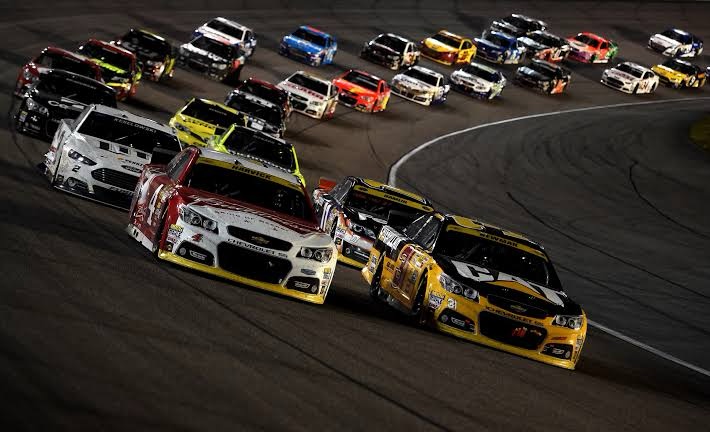
Final Lap: Racing’s Continued Relevance
Motorsports may no longer directly translate into Monday morning sales, but its importance for manufacturers remains undeniable. Racing helps automakers forge emotional connections, showcase technological advancements, and build brand equity that pays dividends over time.
As fans cheer for their favorite teams and manufacturers on Sundays, those emotions often linger when they step into a dealership—whether it’s the next day, six months later, or even years down the line. Racing isn’t just about selling cars anymore; it’s about shaping a brand that customers trust and aspire to own.
